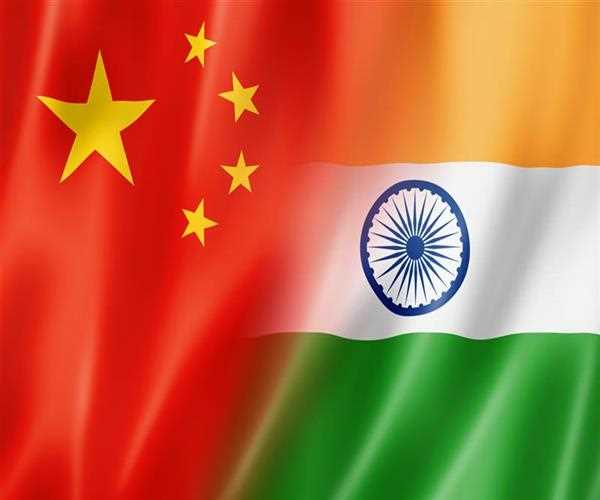
27-Feb-2023
Can India compete with China- 2023 view
It’s the question that has been on everyone’s mind: Can India compete with China?
With a population of over 140.76 crores people and a booming economy, India is now a force to be reckoned with.
But as many businesses look for new markets to tap into, whether or not it can compete with China remains an open question.
India has long been considered a developing nation, lagging behind China in terms of economic development. However, in recent years India has begun to close the gap, with its economy growing at a faster rate than China's. This is due in part to India's large population, which provides a large pool of potential workers. Additionally, India has made strides in improving its infrastructure and business environment, making it more attractive to foreign investors.
As India's economy continues to grow, it is likely that the country will continue to catch up to China in terms of economic development. This would have significant implications for the global economy, as the two countries are currently the world's second and third largest economies respectively. If India were to overtake China as the world's largest economy, it would mark a major shift in the balance of power globally.
Moreover, India has some competitive advantage
-India has a large, educated workforce -China has a large, uneducated workforce
-India is politically stable -China is politically unstable
-India has a thriving democracy -China is a communist dictatorship
-India has a free market economy -China has a centrally planned economy
-Indian companies are innovative and entrepreneurial -Chinese companies are state-owned and bureaucratic
-India attracts foreign investment -China restricts foreign investment
- India is geographically well situated - China is geographically isolated
Look, India and China are two of the most populous countries in the world, and they are both rapidly growing economies.
But the challenge for India is that China is already far ahead in many areas. For example, China has the world’s largest manufacturing economy, while India’s manufacturing sector is only about one-tenth the size. China also has a much larger workforce than India.
To catch up with China, India will need to make significant investments in infrastructure and education. And it will need to do so quickly. In recent years, India has been making progress in these areas, but it still has a long way to go.
India has been playing catch-up to China for years. The economic powerhouse has always seemed just out of reach, but India is starting to close the gap.
The two countries have been compared often, and it’s no surprise why. They are both populous nations with large populations of young people. They are also both rapidly industrializing, although China started its process earlier.
India has made great strides in recent years, including becoming the world’s fastest-growing economy in 2015. But it still has a long way to go to catch up to China.
There are several reasons why India trails behind China. One is infrastructure.China has built a world-class infrastructure system, while India’s is lagging behind. This includes everything from railways and roads to telecommunications and power plants.
China also has a much more developed manufacturing base. This gives Chinese companies a big advantage when it comes to exporting goods. And finally, Chinese businesses are often more efficient than their Indian counterparts.
But there are also reasons to believe that India can catch up to China. The country has a large pool of educated workers, thanks to its strong education system. India also boasts a thriving service sector that is growing rapidly.
And while India may not have the same infrastructure as China yet, it is making significant investments in this area. In fact, Prime Minister Narendra Modi has made developing infrastructure one of his top priorities.

SEO and Content Writer
I am Drishan vig. I used to write blogs, articles, and stories in a way that entices the audience. I assure you that consistency, style, and tone must be met while writing the content. Working with the clients like bfc, varthana, ITC hotels, indusind, mumpa, mollydolly etc. has made me realized that writing content is not enough but doing seo is the first thing for it.
Join Our Newsletter
Subscribe to our newsletter to receive emails about new views posts, releases and updates.
Copyright 2010 - 2026 MindStick Software Pvt. Ltd. All Rights Reserved Privacy Policy | Terms & Conditions | Cookie Policy